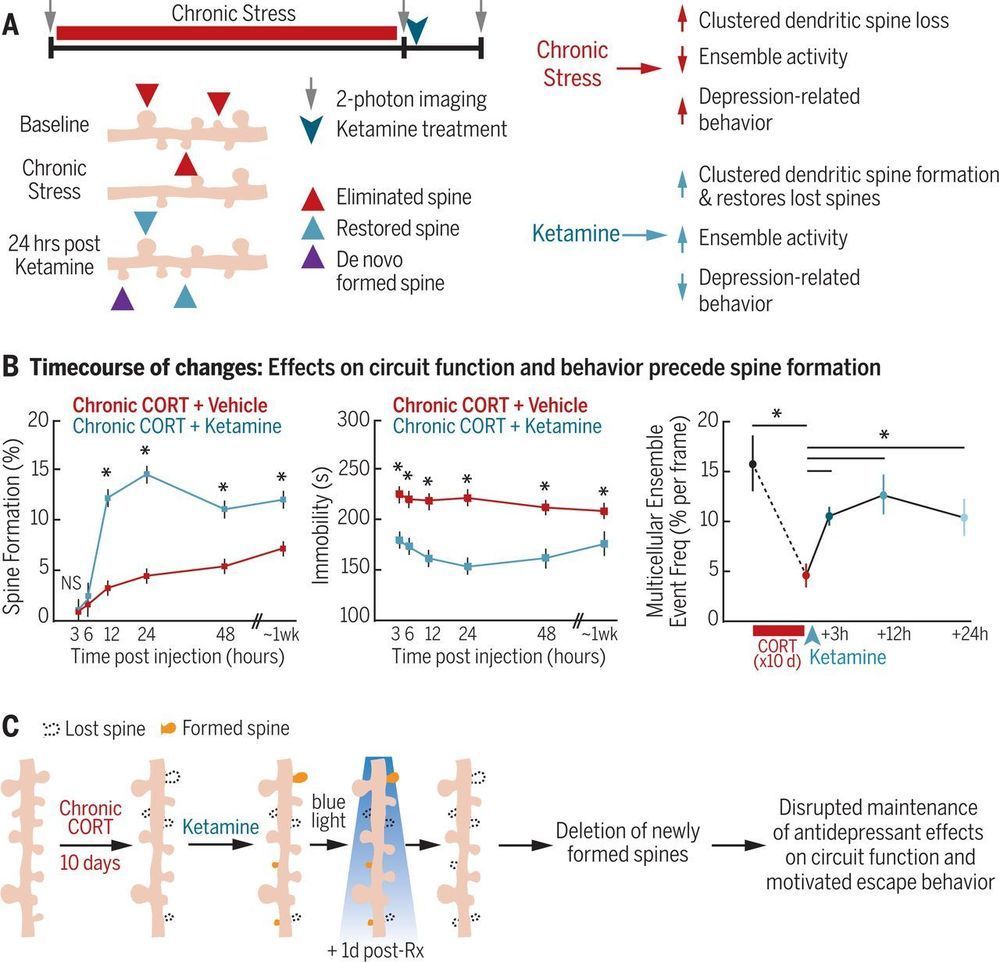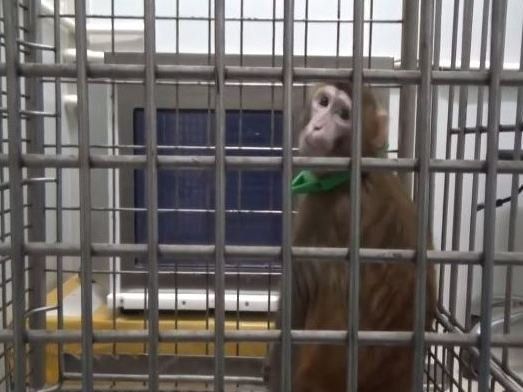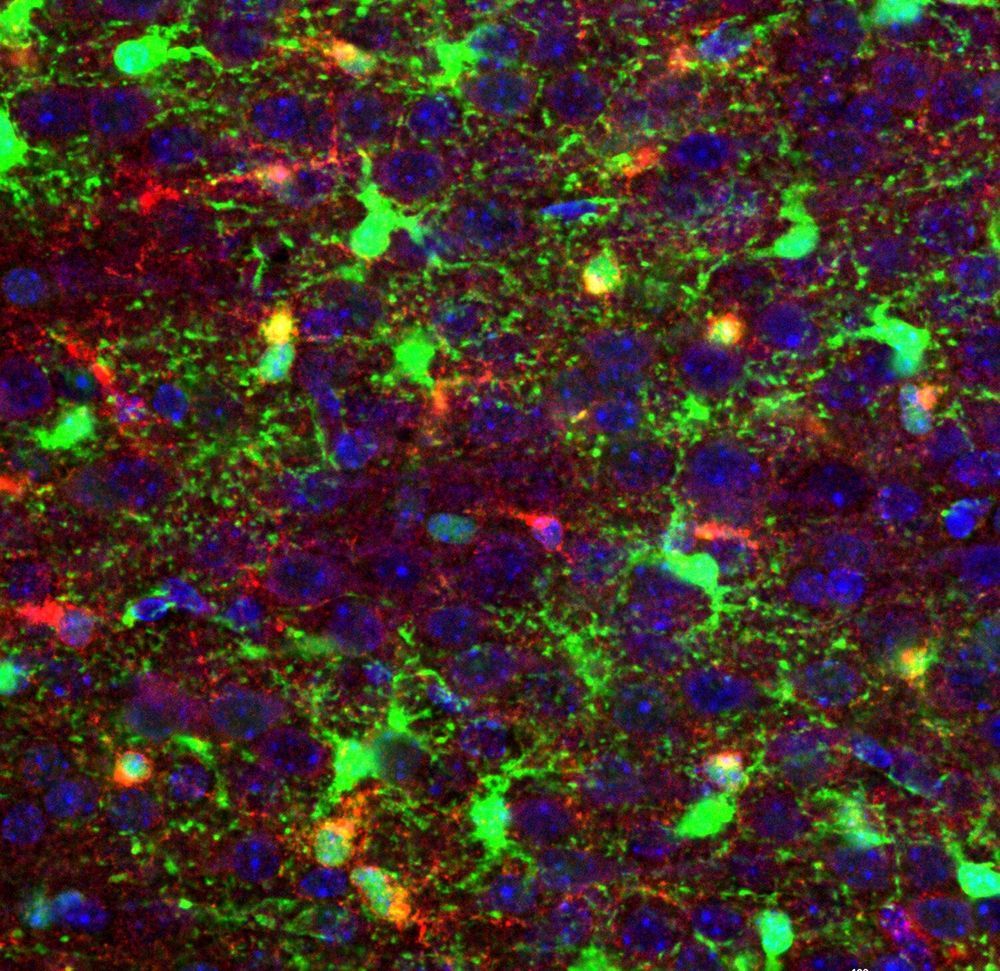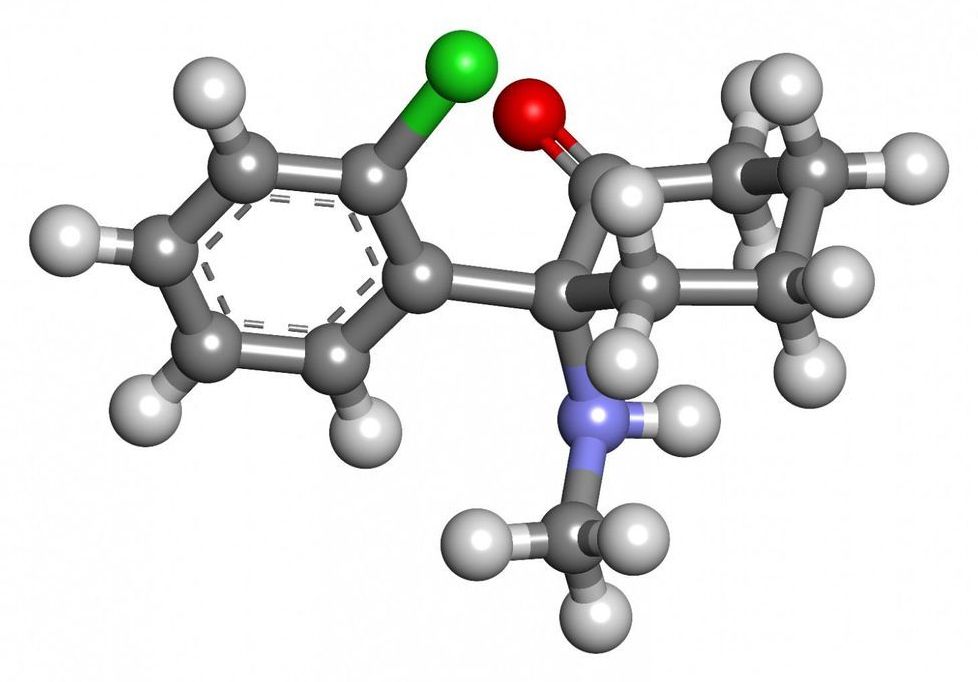Archive for the ‘neuroscience’ category: Page 664
Apr 13, 2019
Inside the lab using mind-changing psychology experiments to solve the Israel-Palestine conflict
Posted by Genevieve Klien in categories: electronics, neuroscience
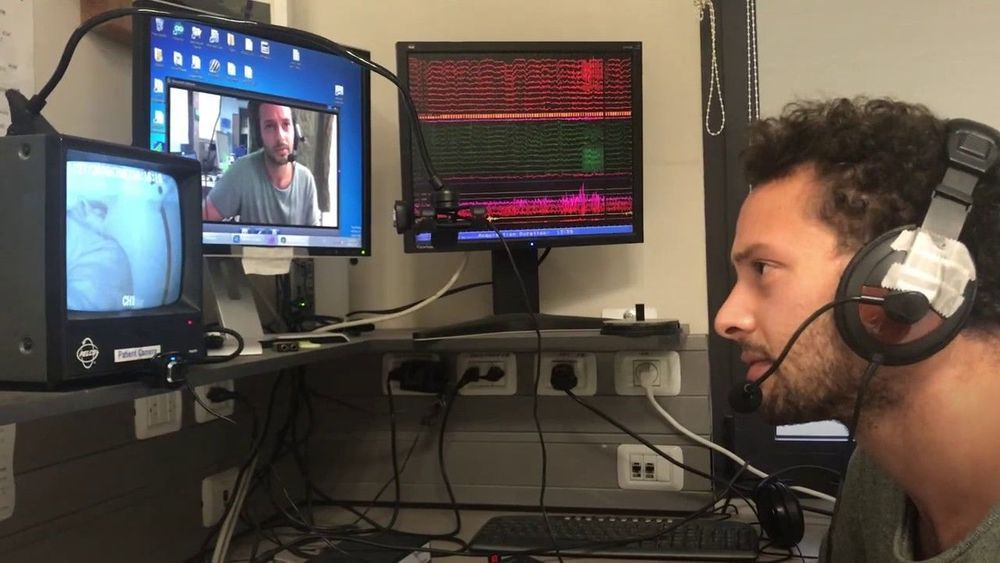
To read a man’s mind, first you have to outline his skull.
Last November, I watched a psychologist use a digital pen to draw the circumference of a man’s head. The coordinates of his brain were quickly mapped, pinpointing the precise areas within his skull that process emotions. Behind him, a massive magnetic mind-reader—a neuroimaging device called a magnetoencephalography, or MEG—emerged from the wall, funneling into an oversized white helmet. It took two scientists to slowly maneuver the apparatus into position around his head.
Apr 13, 2019
Sustained rescue of prefrontal circuit dysfunction
Posted by Genevieve Klien in categories: biotech/medical, neuroscience
A better understanding of the mechanisms underlying the action of antidepressants is urgently needed. Moda-Sava et al. explored a possible mode of action for the drug ketamine, which has recently been shown to help patients recover from depression (see the Perspective by Beyeler). Ketamine rescued behavior in mice that was associated with depression-like phenotypes by selectively reversing stress-induced spine loss and restoring coordinated multicellular ensemble activity in prefrontal microcircuits. The initial induction of ketamine’s antidepressant effect on mouse behavior occurred independently of effects on spine formation. Instead, synaptogenesis in the prefrontal region played a critical role in nourishing these effects over time. Interventions aimed at enhancing the survival of restored synapses may thus be useful for sustaining the behavioral effects of fast-acting antidepressants.
Science, this issue p. eaat8078; see also p. 129.
Apr 13, 2019
Experts say our brains and computers will form ‘internet of thoughts’
Posted by Carse Peel in categories: biotech/medical, internet, nanotechnology, neuroscience, robotics/AI
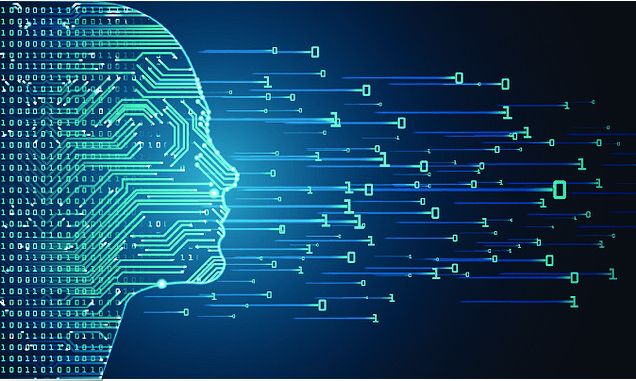
Scientists say our brains will connect to computers within decades to form an ‘internet of thoughts’ that will provide instant access to information…
Forward-leaning scientists and researchers say advancements in society’s computers and biotechnology will go straight to our heads — literally.
Continue reading “Experts say our brains and computers will form ‘internet of thoughts’” »
Apr 13, 2019
Series to explore future where social media is linked to your BRAIN
Posted by Carse Peel in categories: Elon Musk, neuroscience

Spine-chilling new series from The Walking Dead creator will explore dystopian future where social media is linked to your BRAIN using tech that ‘Elon Musk and Facebook are already trying to develop…
Channing Powell, the creator of the hit horror television series ‘The Walking Dead’, is not someone who is easily spooked.
Continue reading “Series to explore future where social media is linked to your BRAIN” »
Apr 12, 2019
Scientist injects human genes into monkeys’ brains and makes them more intelligent, study says
Posted by Paul Battista in category: neuroscience
Apr 12, 2019
Shutting down deadly pediatric brain cancer at its earliest moments
Posted by Quinn Sena in categories: biotech/medical, genetics, neuroscience
Cell-by-cell genetic analyses of developing brain tissues in neonatal mice and laboratory models of brain cancer allowed scientists to discover a molecular driver of the highly aggressive, deadly, and treatment-resistant brain cancer, glioblastoma.
Published findings in Cell Stem Cell describe how the single-cell analyses identified a subpopulation of cells critical to glioblastoma formation—the early primitive progenitor cells of oligodendrocyte brain cells, pri-OPC progenitors, according to Q. Richard Lu, Ph.D., lead investigator and Scientific Director of the Brain Tumor Center at Cincinnati Children’s Hospital Medical Center.
The data suggest that reprogramming of primitive oligodendrocyte progenitors into a stem-like state plays an important role in glioma initiation and progression. The researchers’ primary molecular target in the study, a protein called Zfp36l1, launches biological programs that mirror those of healthy early brain development in the mice, but instead help fuel brain cancer growth. The discovery presents an opportunity to find out if new therapeutic approaches can stop glioblastoma at its earliest stages of initial formation or recurrence, Lu said.
Continue reading “Shutting down deadly pediatric brain cancer at its earliest moments” »
Apr 12, 2019
Ketamine reverses neural changes underlying depression-related behaviors in mice
Posted by Quinn Sena in categories: biotech/medical, health, neuroscience
Researchers have identified ketamine-induced brain-related changes that are responsible for maintaining the remission of behaviors related to depression in mice—findings that may help researchers develop interventions that promote lasting remission of depression in humans. The study, funded by the National Institute of Mental Health (NIMH), part of the National Institutes of Health, appears in the journal Science.
Major depression is one of the most common mental disorders in the United States, with approximately 17.3 million adults experienced a major depressive episode in 2017. However, many of the neural changes underlying the transitions between active depression, remission, and depression re-occurrence remain unknown. Ketamine, a fast-acting antidepressant which relieves depressive symptoms in hours instead of weeks or longer, provides an opportunity for researchers to investigate the short- and long-term biological changes underlying these transitions.
“Ketamine is a potentially transformative treatment for depression, but one of the major challenges associated with this drug is sustaining recovery after the initial treatment,” said study author Conor Liston, M.D., Ph.D., of Weill Cornell Medicine, New York City.
Apr 12, 2019
Scientists can now keep brains alive without a body
Posted by Paul Battista in categories: biotech/medical, neuroscience
A team of scientists recently revealed they’d successfully conducted experiments on hundreds of pigs that involved keeping their brains alive for up to 36 hours after the animals had been decapitated.
Maybe Sergio Canavero, the mad scientist who wants to perform a brain transplant on a human, isn’t so crazy after all.
Apr 11, 2019
‘Mindreading’ neurons simulate decisions of social partners
Posted by Xavier Rosseel in category: neuroscience
Scientists have identified special types of brain cells that may allow us to simulate the decision-making processes of others, thereby reconstructing their state of mind and predicting their intentions. Dysfunction in these ‘simulation neurons’ may help explain difficulties with social interactions in conditions such as autism and social anxiety.
Researchers at the University of Cambridge identified the previously-unknown neuron type, which they say actively and spontaneously simulates mental decision processes when social partners learn from one another.
The study, published today in Cell, suggests that these newly-termed ‘simulation neurons’ — found in the amygdala, a collection of nerve cells in the temporal lobe of the brain — allow animals (and potentially also humans) to reconstruct their social partner’s state of mind and thereby predict their intentions.
Continue reading “‘Mindreading’ neurons simulate decisions of social partners” »

